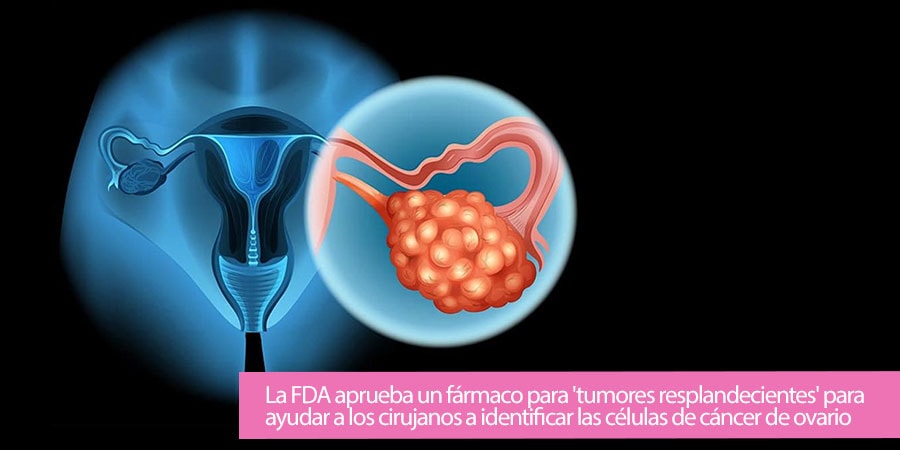![[:es]La quimioterapia hipertérmica intraperitoneal (HIPEC), no es útil en mujeres con cáncer de ovario[:]](https://drlucasminig.com/en/wp-content/uploads/quimioterapia-hipertermica-intraperitoneal-no-util-cancer-de-ovario.jpg)
Hyperthermic intraperitoneal chemotherapy (HIPEC), is NOT useful in women with Ovarian Cancer
The role of hyperthermic intraperitoneal chemotherapy (HIPEC) was first studied more than two decades ago when randomized clinical trials compared surgery plus HIPEC versus palliative chemotherapy in patients with colorectal cancer.
HIPEC consists of the administration of chemotherapy directly into the abdominal cavity after finishing a complete surgical removal of the tumor at a temperature of 42°C. It is relevant to mention that the usual body temperature is 36 °C; therefore, there was always special interest in knowing the toxicity of said therapeutic strategy, in addition to its potential oncologic benefit.
In ovarian cancer, however, three prospective controlled randomized trials have been published, and various retrospective studies.
The first study randomized 245 patients with FIGO III stage ovarian cancer after three cycles of cisplatin and paclitaxel. The patients received cisplatin-based after interval surgery or simply the interval surgery. While this study showed oncologic benefits in the patients receiving HIPEC, the trial had big limitations. The number of patients was small, the patients assigned to HIPEC had histologic subtypes with worse prognoses, and the report of adverse events and toxicity associated with HIPEC was incomplete.
Also, Lim et al. conducted a prospective randomized trial that included 144 women with ovarian cancer stages FIGO III-IV who received primary cytoreduction or interval surgery. The patients were eligible for the study if they had residual disease less than 1 cm in size. Patients in both arms received intravenous chemotherapy, while those in the experimental arm also received cisplatin-based HIPEC. The study did not show any benefits in terms of progression-free survival and overall survival. In a direct comparison, and in contrast with the study described above, patients who received interval cytoreduction showed the same progression-free survival and overall survival.
Furthermore, a recent prospective randomized trial with 98 women with ovarian cancer recurrence who received surgery did not demonstrate a positive impact of HIPEC on the improvement of patient survival. A recent publication comparing 22 retrospective studies in 1450 patients with ovarian cancer recurrence did not show oncologic benefits in women who received HIPEC.
Given the above, a recent statement from the European Society of Gynecologic Oncology (ESGO) confirmed that “as the history of HIPEC started with colorectal cancer, it seems to have ended there”.
This is based on the fact that none of phase three prospective studies have been able to demonstrate a benefit in HIPEC’s oncologic outcomes. However, in contrast, they have demonstrated that it is associated with significant toxicity. Because of this, it is concluded that, nowadays, there is insufficient data to recommend HIPEC in women with ovarian cancer either recently diagnosed or with recurrence beyond controlled clinical trials. Furthermore, a negative effect on the patient cannot be dismissed.
For women with stage III ovarian cancer (cancer that has not spread outside of the abdomen) and whose cancer has been reduced (no tumors greater than 1 cm after surgery), intraperitoneal chemotherapy (IP) can be administered together with systemic chemotherapy (intravenous paclitaxel).
Request more information or contact us if you want more information on topics related to ovarian cancer, how ovarian cancer starts and its early detection.
Doctor Lucas Minig, specialist in the surgical treatment of ovarian cancer, will be able to solve all your doubts.

![[:es]Telemedicina Médico remoto en España NOTICIA[:]](https://drlucasminig.com/en/wp-content/uploads/telemedicina-medico-remoto-doctor-espana-lucas-minig.jpg)
![[:es]Vacuna Contra VPH reduce cáncer de útero[:]](https://drlucasminig.com/en/wp-content/uploads/vacuna-contra-vph-noticias-dr-lucasminig.jpg)
![[:es]Investigan cómo prevenir el cáncer de ovario. Doctor Lucas Minig[:]](https://drlucasminig.com/en/wp-content/uploads/prevenir-cancer-de-ovario-mujeres-con-alto-riesgo-drlucasminig-investigacion.jpg)

